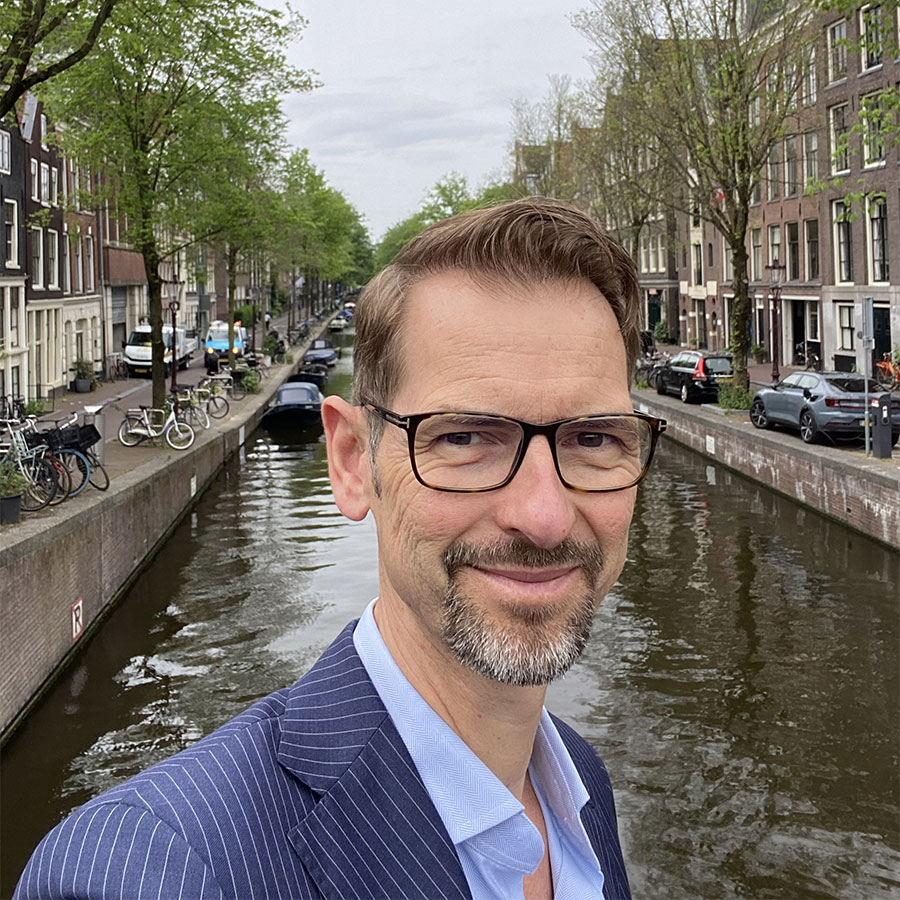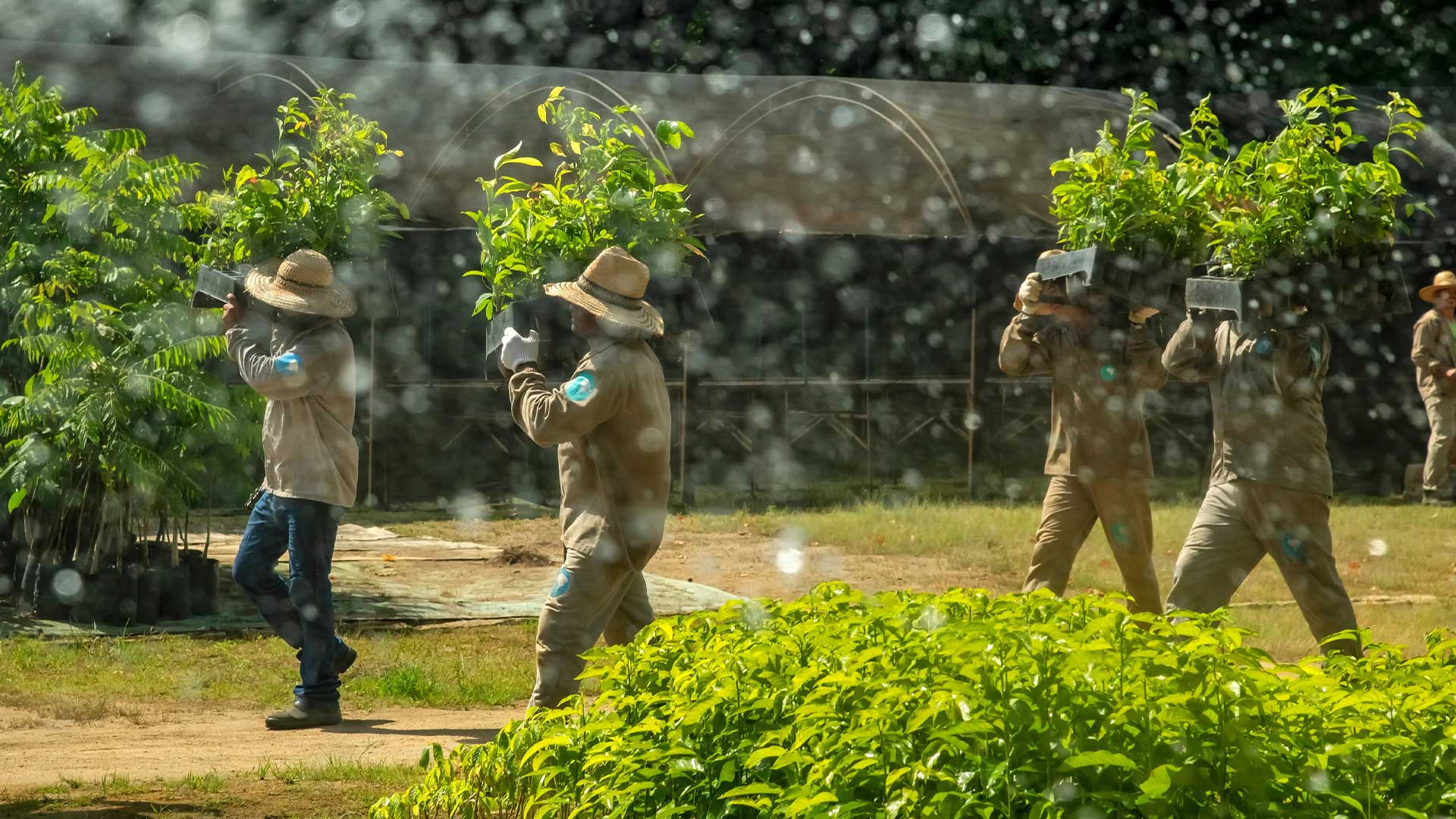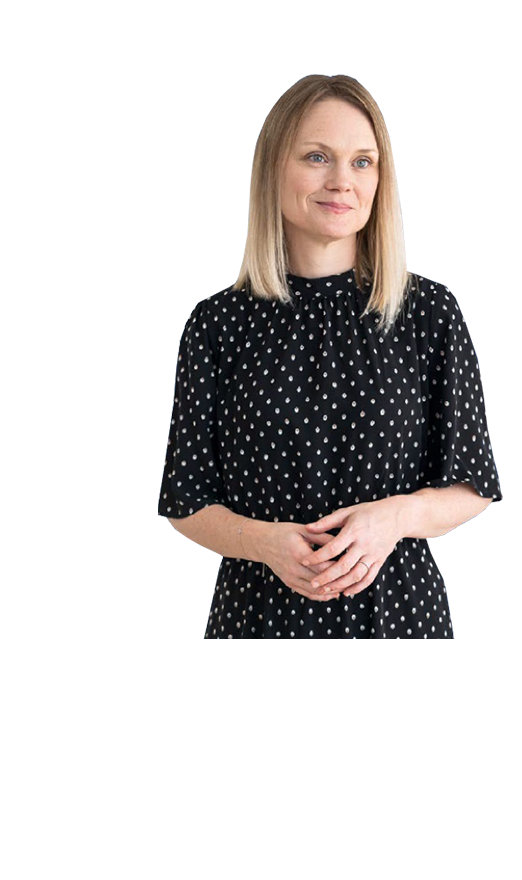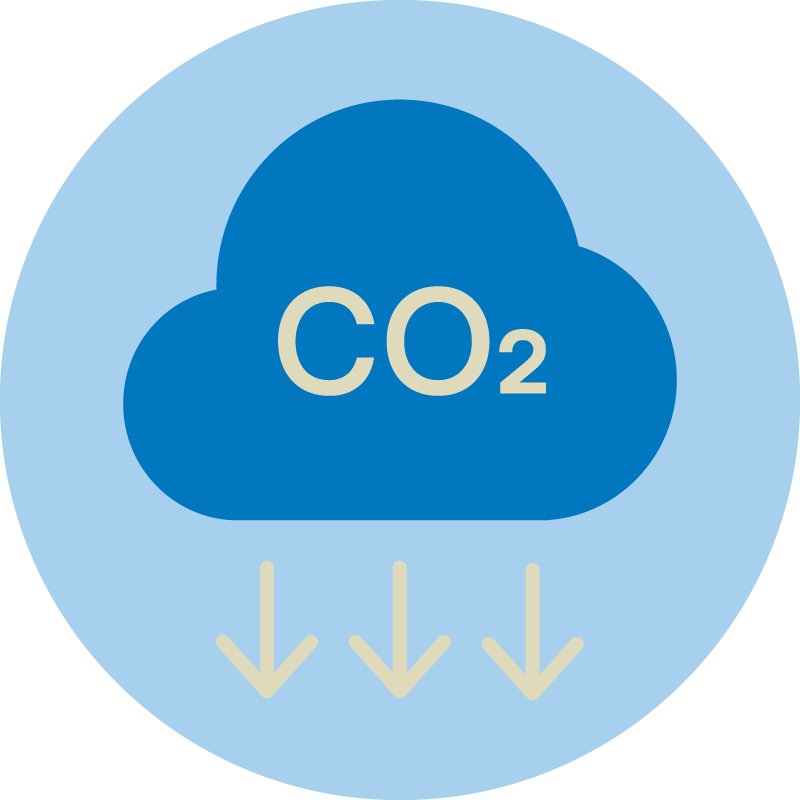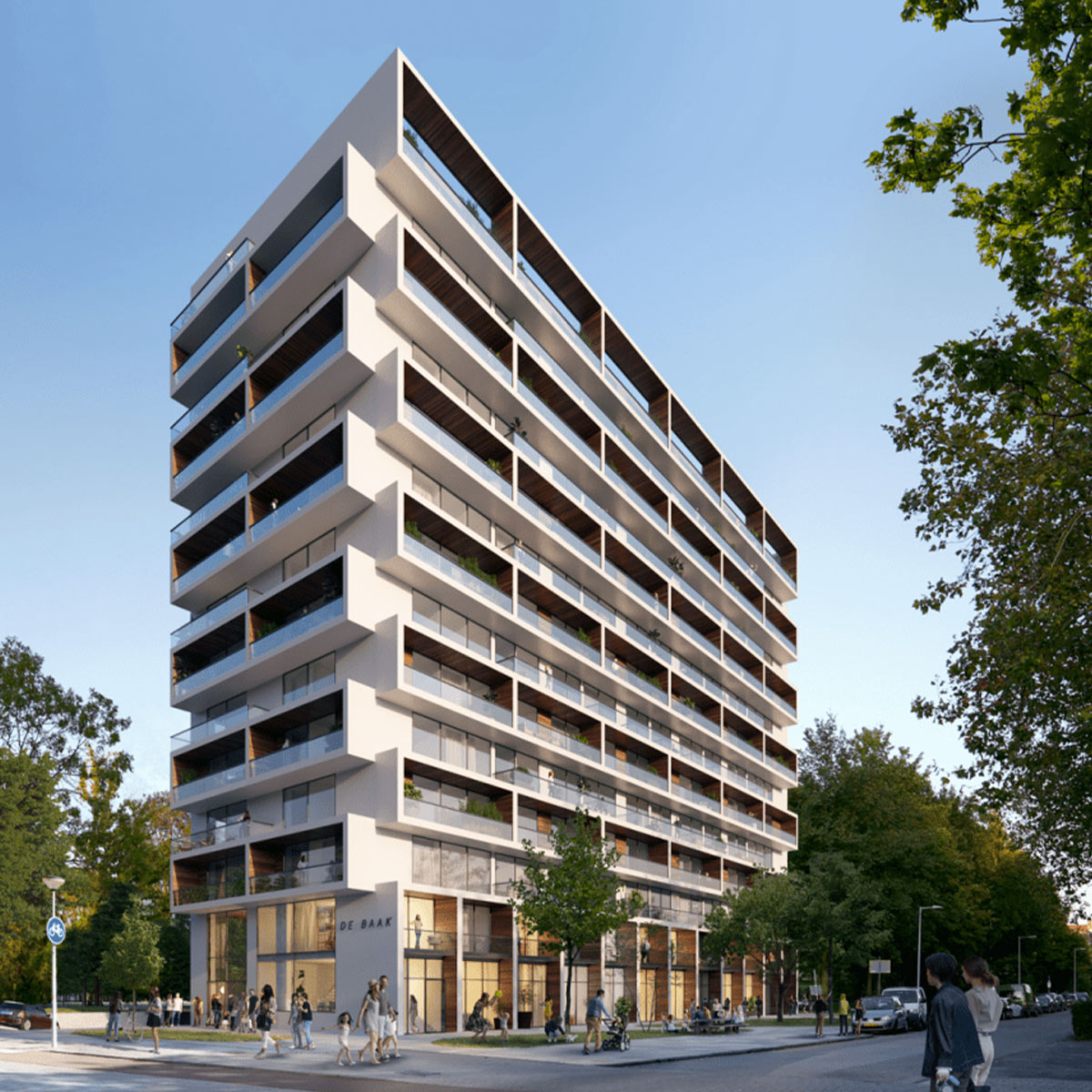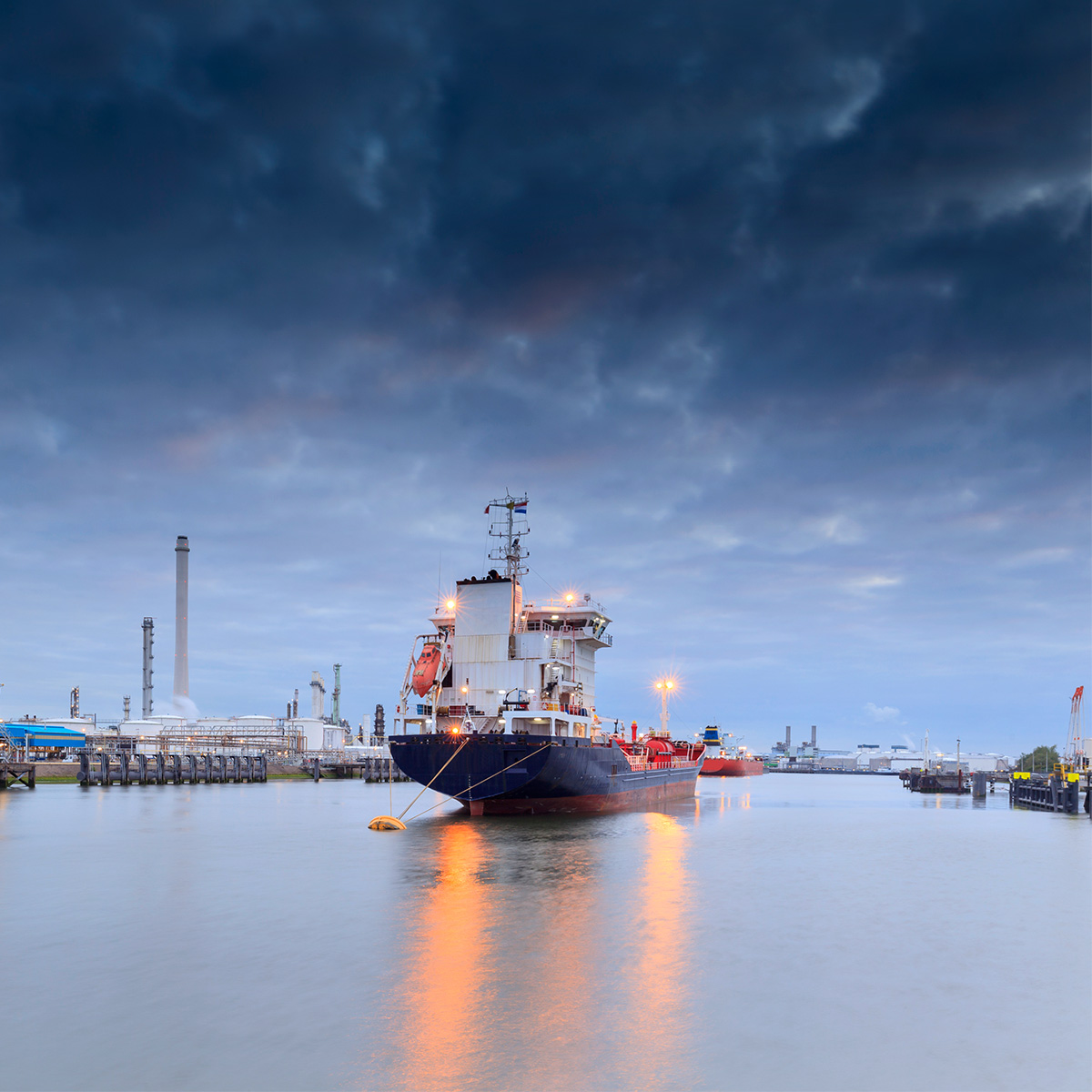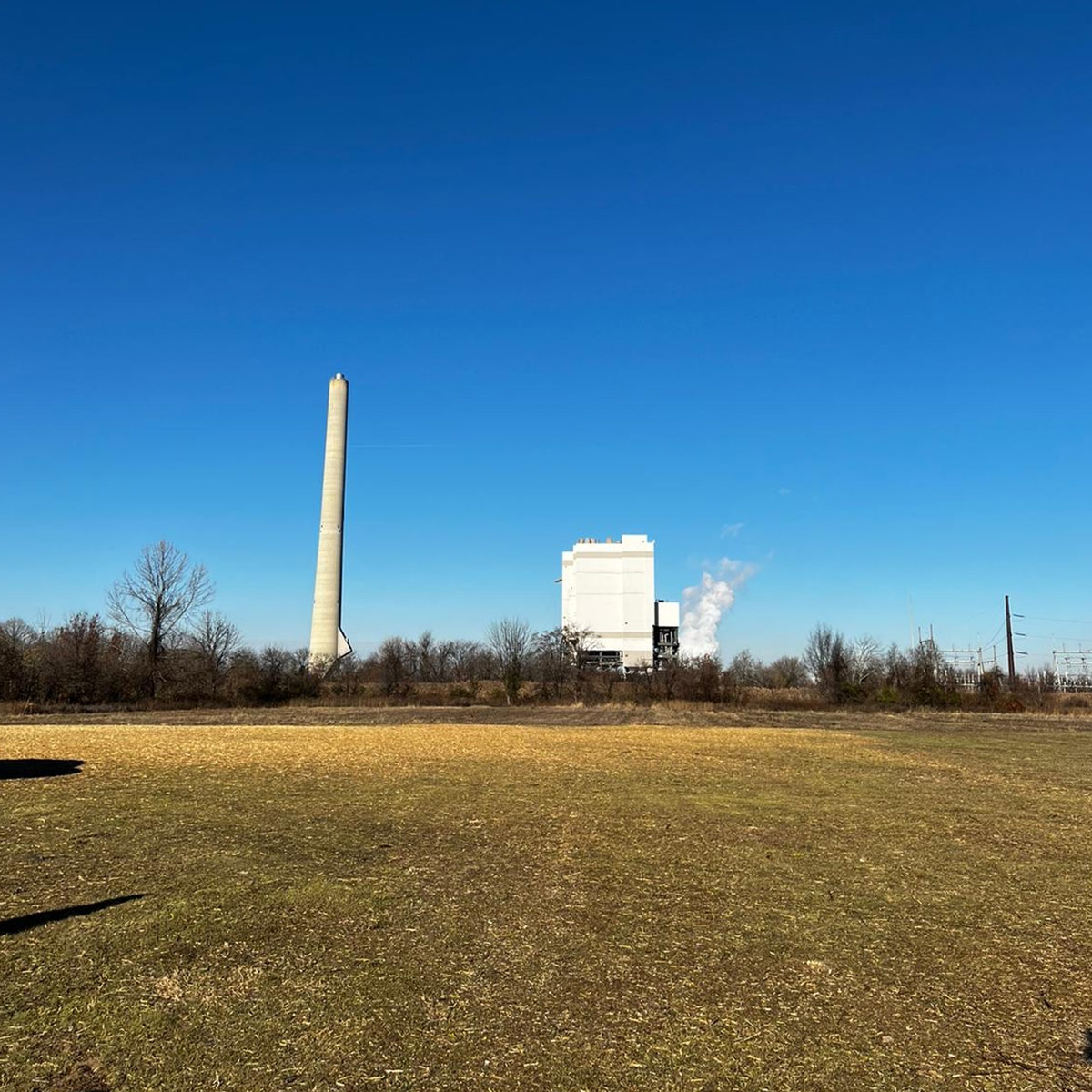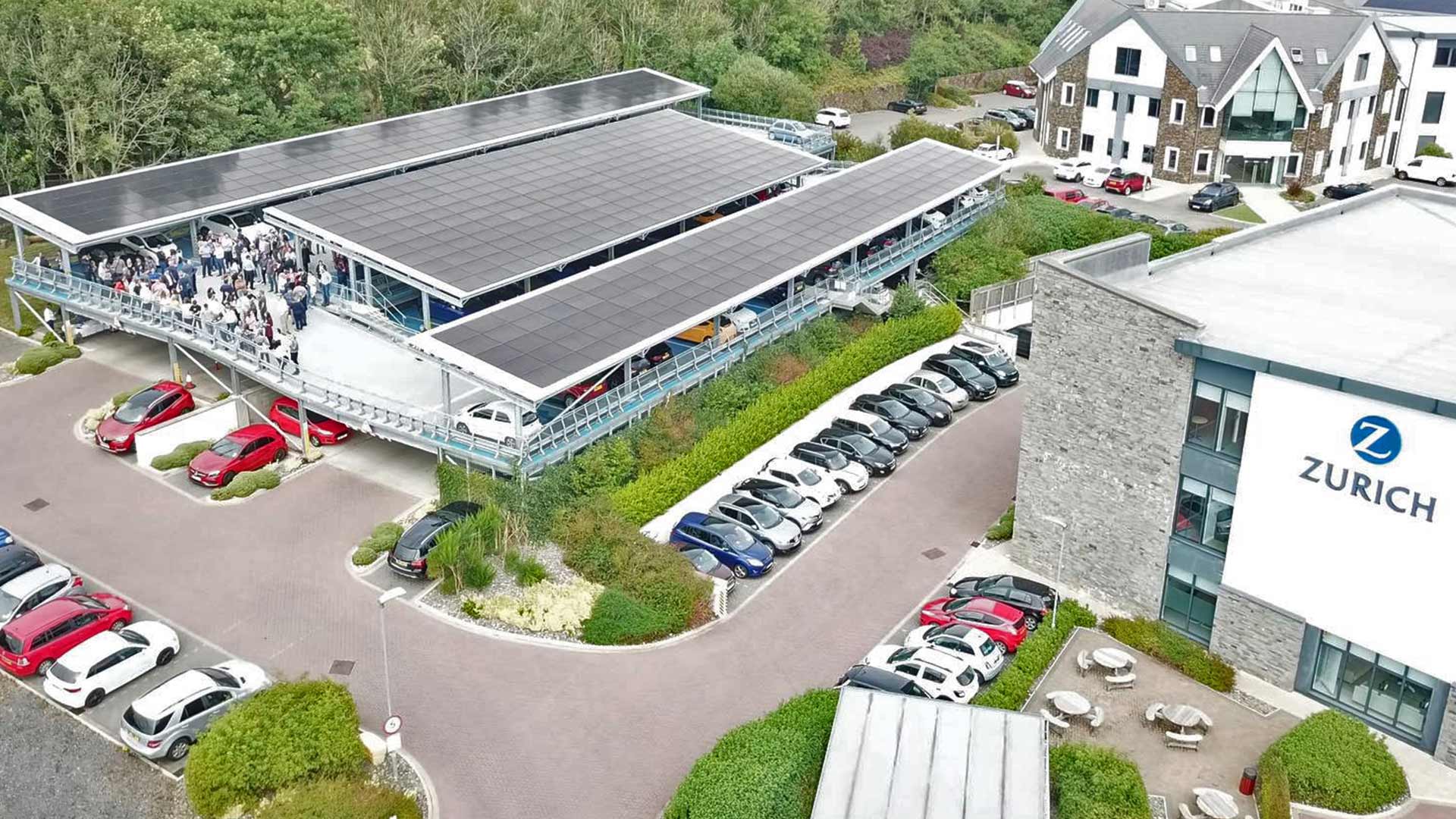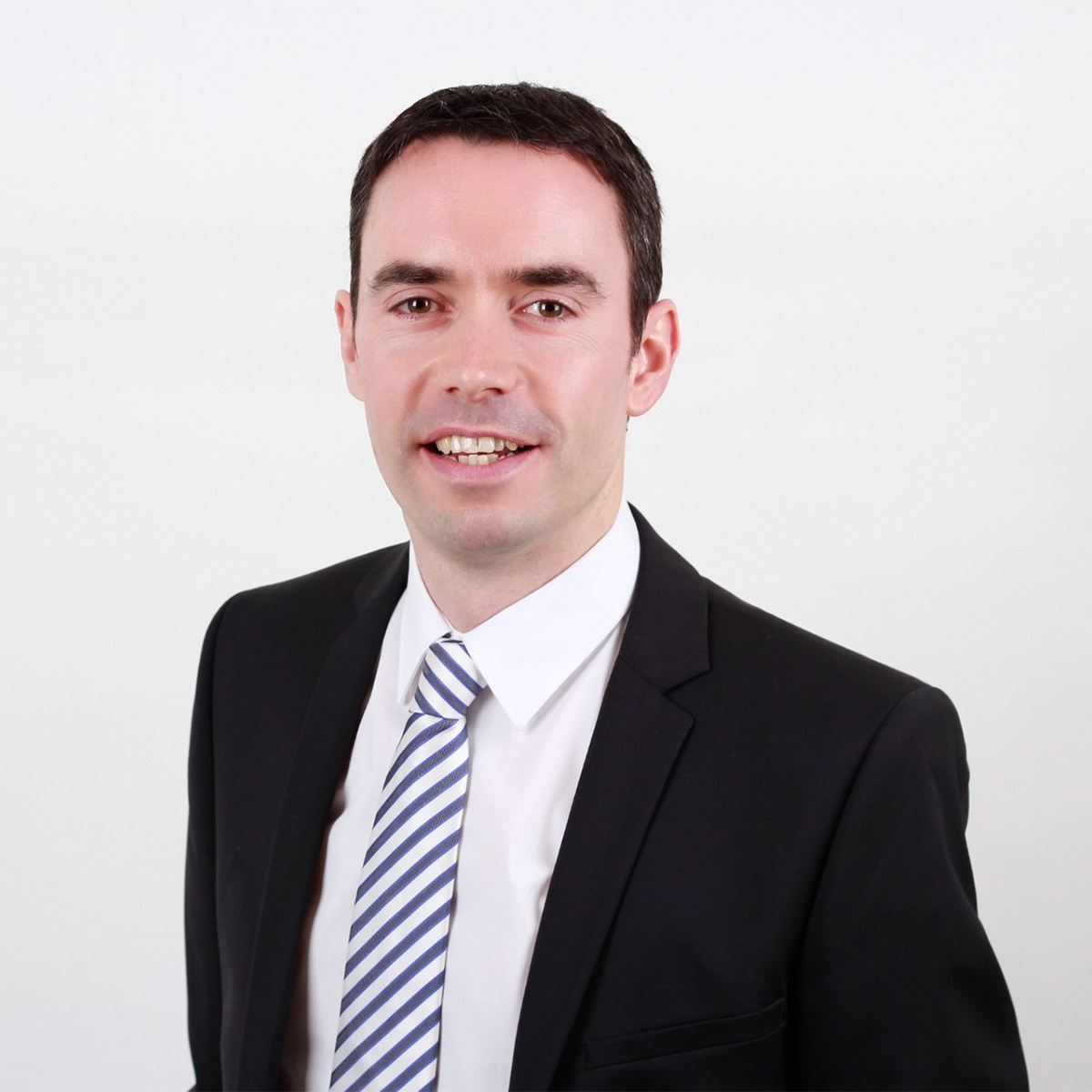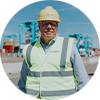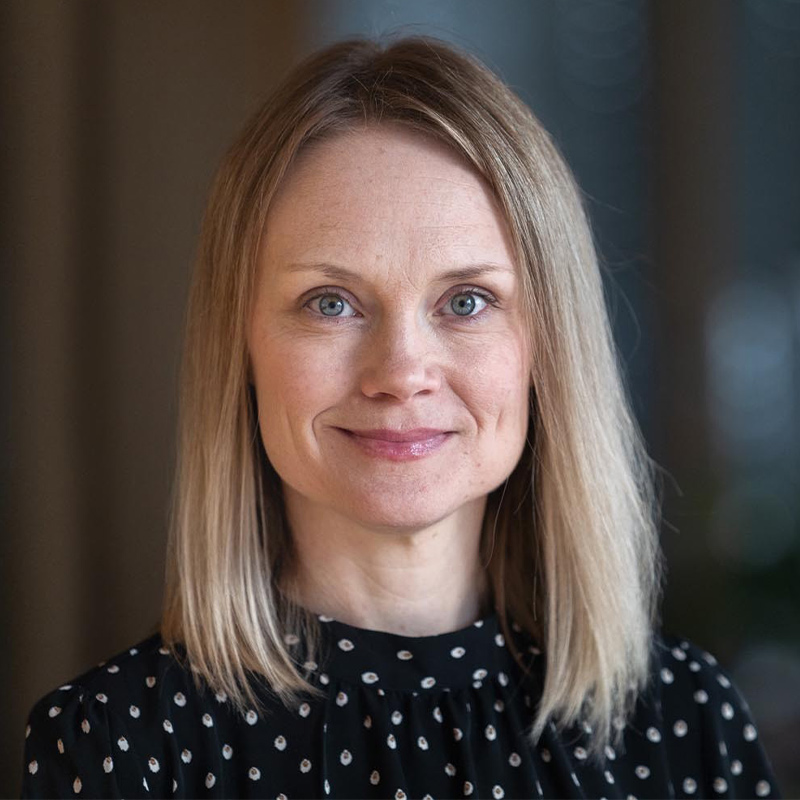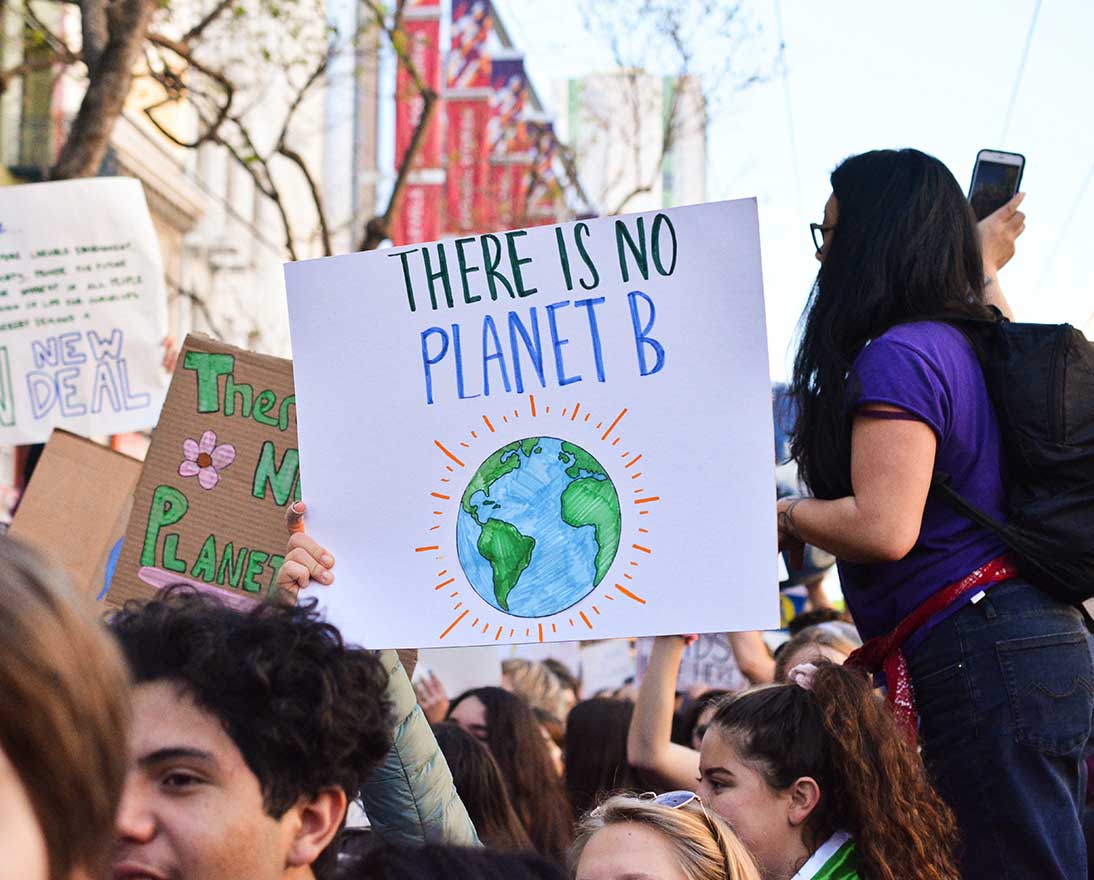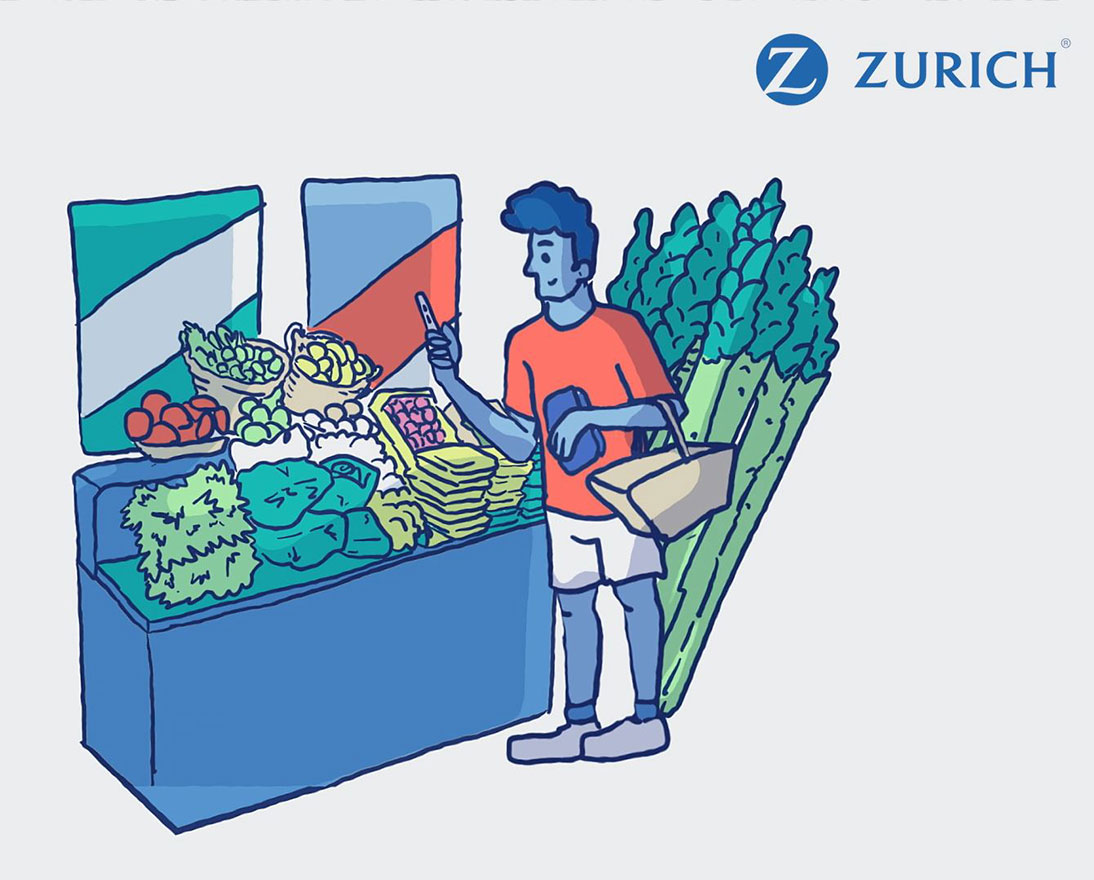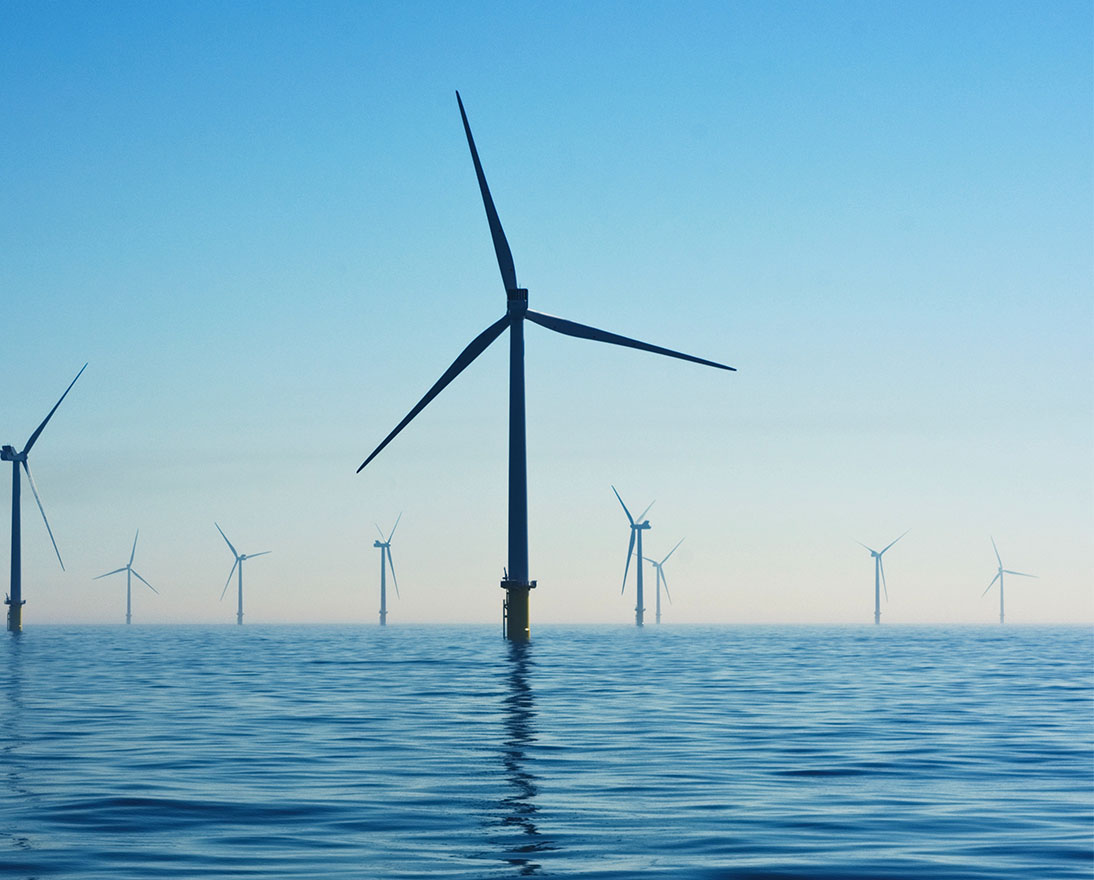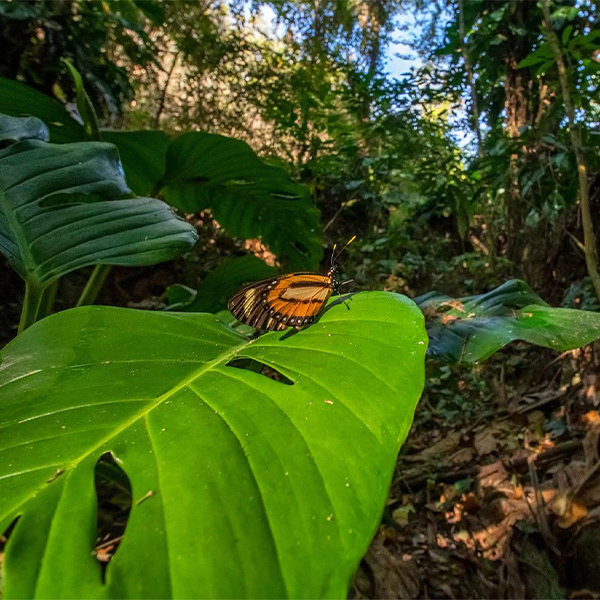Q&A Rob Wyse
What impact does Zurich have on the global climate? How might climate change affect our business? How will we mitigate the risks and avail of the opportunities climate change presents? These are the issues Climate and Nature Manager Rob Wyse has grappled with in recent years. He is responsible for the Group level scenario-based climate risk assessment process, central to Zurich’s implementation of the recommendations of the Task Force on Climate-related Financial Disclosures (TCFD).
Why was Zurich keen to align with TCFD as quickly as possible?
We see climate change as one of the most complex and urgent risks facing society. It is also a driver for many of the other risks that we as a global insurer need to manage so it is vital that we have a strong understanding of potential future impacts. Equally, the transition to a low-carbon economy is a 'once in a lifetime' event. We need to ensure we are well positioned to benefit from the opportunities it presents.
Transparent, comprehensive and accurate external disclosure is essential to facilitate the low-carbon transition. It is important to us as a responsible company that we demonstrate the behaviors we expect of our customers, peers and other economic actors.
How has the reporting evolved over the past five years?
We have reported in line with the TCFD since it first published its recommendations in 2017. Over the years our disclosures have become increasingly more granular and detailed as our understanding of this risk strengthens. In 2021 and in line with TCFD recommendations, we performed our first scenario-based climate risk assessment of both underwriting and investment portfolios as well as our operations.
What were the biggest challenges?
There have been many, but perhaps the forward-looking scenario-based analysis was the biggest challenge. The relative immaturity of assessment methodologies and modelling capabilities for underwriting activities was a particular difficulty to overcome.
The quality of forward-looking analysis relies on the availability of comprehensive, consistent high-quality data relating not only to emissions but also to private sector climate commitments.
Finally, implementing these recommendations demands co-ordinated action across all areas of the business, something that can be resource and time intense.
How has Zurich benefited from TCFD reporting?
As a report preparer, implementing the recommendations of the TCFD has proved immensely valuable in increasing our understanding of how climate change could impact our business over time. Through dialogue with subject matter experts, the nuances of scenario analysis model outputs can be explored, leading to a more accurate and consistent understanding of potential impacts. Scenario analysis also helps to contextualise actions our first line business functions can take in the short term to address potential long-term impacts.
As a report user, clear and comprehensive disclosures can serve as a useful tool for engaging with customers to understand their strategies for decarbonization.
What personal lessons have you learnt from TCFD?
I would encourage against viewing TCFD as a burdensome exercise. Embrace the inherent value in understanding the climate related risks and opportunities your organization faces. But equally so, don’t underestimate the effort that may be required to achieve a good level of insight. I’ve also learned that it’s more important to ensure that your forward-looking assessment is accurate than get distracted with precision. Don’t let the uncertainty inhibit your efforts.
